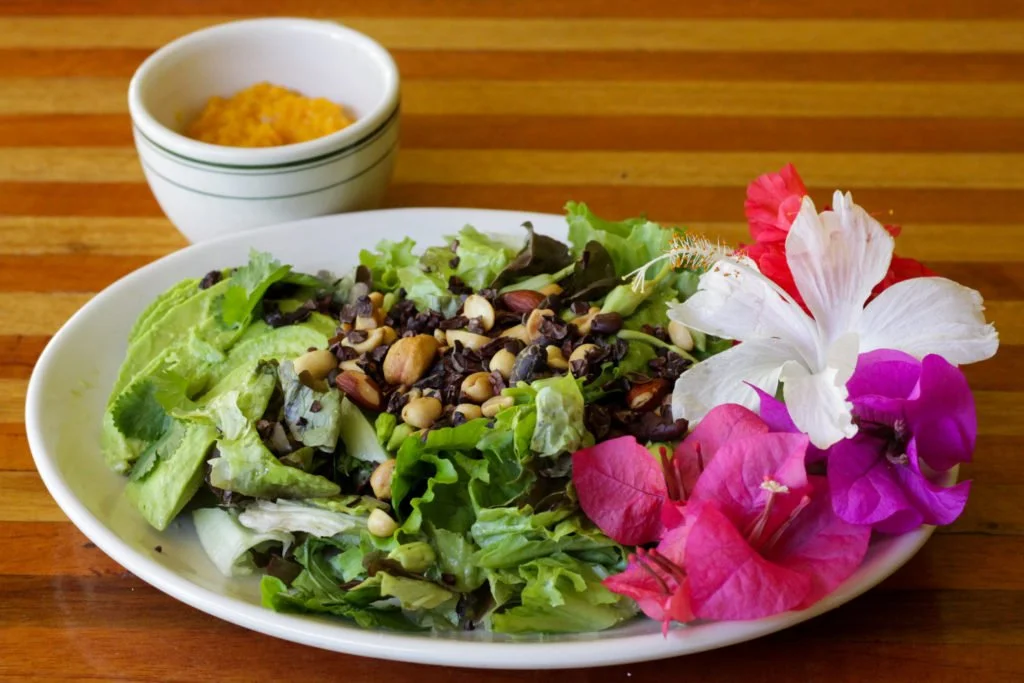Meat Out Day: Can the sloths' diet save the planet?
‘Meat out day’ encourages you to think about your meat consumption. Sloths have evolved over millions of years eating a purely leaf-based diet. Nowadays many people are opting to switch to more plant-based diets, but apart from the obvious ethical reasons, why are people choosing to go meat-free?
1. Going Meat Out for the environmental impacts
Animal agriculture is one of the leading causes of climate change, with the United Nations Food and Agriculture Organization (FAO) estimating that livestock production is responsible for 14.5 % of global greenhouse gas emissions.The climate-altering carbon emissions associated with a single gram of protein from beef are at least 7.5 times higher than those associated with a gram of protein from plant sources.
Image: Canva
Despite this scary statistic, meat consumption has almost tripled in the last few decades which has resulted in an explosion of livestock numbers, which in turn has a huge environmental impact. Intensive meat and dairy production is a major driver of deforestation globally.
With livestock covering 45% of the earth’s total land, there is no question that we are chasing wildlife out of their natural habitats with our unsustainable eating practices - and this includes our beloved sloths.
2. Eating less meat to protect sloth habitats
There is no denying that animal agriculture is one of the biggest causes of deforestation worldwide. The rainforests of Central and South America are a hot spot for this growing economy, wherecommercial agriculture is the main cause of deforestation, (according to a new FAO report, The State of the World's Forests 2016) with acres of rainforest being burnt down every day to make way for animal agriculture - livestock and animal feed.
Image by NickyPe/Pixabay
This rapid growth in livestock farming has madeLatin America the largest exporter of beef and poultry in the world. This level of rainforest destruction is increasing annually and poses a direct threat to sloths and the rainforst that they need for survival.
3. Reduce the water crisis
We are on the brink of a water crisis. According to the United Nations, 700 million people worldwide could be displaced by intense water scarcity by 2030.UNESCO Institute for Water Educationstates thatproduction of a meat-based diet typically consumes twice the amount of water as compared to a plant-based diet.
On average it takes between 15,000 and 20,000 liters of water to produce one kilogram of beef, which works out to approximately3,000 liters of water to produce one 200g beef burger – the equivalent of 30 five-minute showers.
Freepik
4. Sustaining the human population
Animal agriculture is a really inefficient way to produce enough food for everyone on the planet. According to the United Nations, the world population is set to reach 9.7 billion by 2050 and could peak at nearly 11 billion around 2100.For every 100 calories of crops fed to animals, we get 40 calories in the form of milk, 12 calories of chicken, and just 3 calories of beef. Instead, that grain could be used to feed people directly and would help ensure everyone has enough food.
5. Health reasons (including preventing the next pandemic)
Apart from the lighter environmental footprint, many people are moving towards plant-based eating for health benefits. With evidence linking high red meat consumption to cancer, heart disease, obesity, and diabetes; and whole-food, plant-based eating being seen to prevent, halt, or even reverse chronic diseases such as heart disease and type 2 diabetes.
Wet markets are places where people can buy a variety of live and wild animals for consumption. Scientists are currently investigating the origin of the Coronavirus SARS-CoV-2, and although they can't confirm that the origin of the virus was the market in Wuhan (there are publications suggesting the virus circulation in various countries earlier than the first case in Wuhan, although these require confirmation), it was probably the amplifying event that unchained the pandemic. Reducing the amount of meat we eat and banning the consumption of wild animals can help prevent future pandemic outbreaks.
Eat a salad and help sloths!
Reducing your consumption of meat and animal products can directly help to protect sloths - by combating deforestation, climate change, pollution, and water scarcity. But don't panic - we aren't suggesting that everyone should adopt a vegan diet tomorrow! We simply need to develop a sense of “meat consciousness” and reduce the levels of animal products in our diets. Perhaps try to start with one meat-free day each week and see how it goes? Every little counts!Why not take a tip from the sloths and ‘leaf’ it out.
Read More: Sloth Inspired salad recipe!
Try this delicious salad of leaves, avocado, cacao nibs, nuts, edible flowers, and more!







